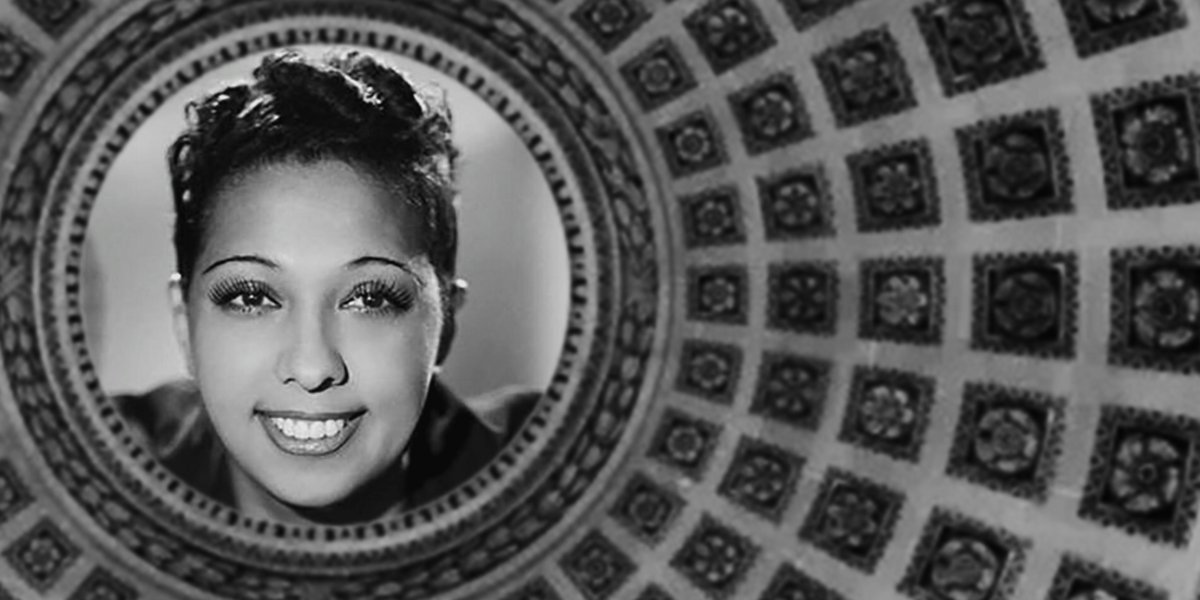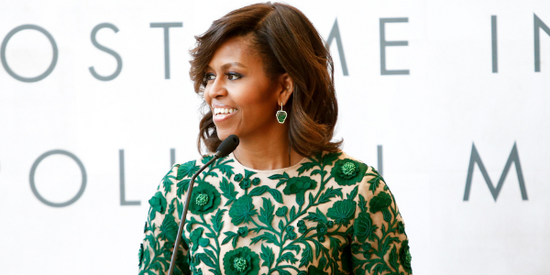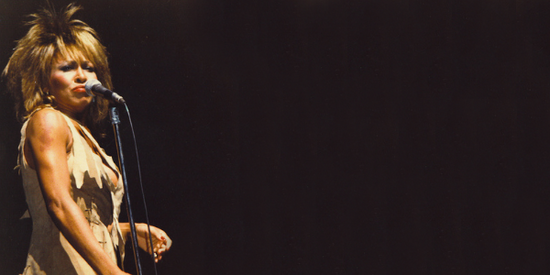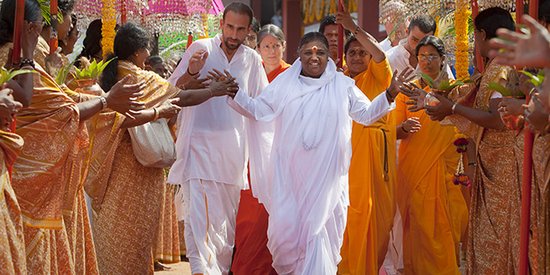The fight of a lifetime
Josephine Baker was an artist with a thousand talents, a passionate activist for freedom and equality, a generous woman and an extraordinary and courageous resistance fighter. She was a true humanist and a symbol for anti-racism. Her story is imbued with non-conformism and for her having a remarkably bohemian existence.
In this article, using a few anecdotes, we will look at the crowning achievement of her life as an artist, a resistance fighter, and as an activist for equal opportunities and against racial inequalities.
Music hall star Josephine Baker, whose real name is Freda Josephine McDonald, was born on June 3, 1906, in Saint-Louis, Missouri. Of African-American and Native American descent from Appalachia, she began her career in the 1920s and became one of the icons of the Roaring Twenties.
"Because of her fame and wealth, she was able to do things at the forefront of the civil rights movement that few could do, without risking physical violence or state repression," said Matthew Guterl, a professor at Brown University and author of a biography on the singer.
A look back at her life, in anecdotes.
Who was this icon, born in the United States and adopted by France, really?
1920s -In her early career, Josephine Baker caused a scandal, headlining the revues at the Folies Bergere in Paris, to where she had moved in 1925. At this time she already had several years of dancing experience, notably on Broadway, but had not yet made the star status, which she quickly achieved in Paris. She then became the first ever black woman to star in a major motion picture in 1927, which was a silent film.
1930 - From Picasso to Hemingway via Christian Dior, Josephine Baker inspired many major artists of the 20th century. She participated in the recognition of jazz and Afro-American music in Paris. Released in 1930, the song "J'ai deux amours" is one of her greatest hits. Josephine stands out as the first black star on a global scale, from Buenos Aires to Vienna, from Alexandria to London. In the perfume of freedom of the 30s, she continued to fascinate artists like Cocteau, Le Corbusier or Simenon.
1939 - Josephine took French nationality. From the start of the war, Josephine Baker showed herself to be an ardent patriot.
She became a counter-espionage agent in Paris for the French Resistance, was an activist in the French Red Cross and joined the air force... Paris high society welcomed her with open arms and a few years later, she received the Legion of Honor from General Charles de Gaulle after the Second World War ended.
1948 – In post-war America, racial segregation was such that there was a travel guide, the Green Book, to help African Americans move around in peace. Josephine Baker returned to the United States in 1948, for a singing tour that turned into a nightmare of discrimination. In New York alone, she was denied more than 30 hotel reservations because of her skin color. One of Miami Beach's most exclusive clubs, the Copa City, offered Josephine Baker a large sum of money for a series of concerts. This was refused by the artist, who opposed singing in a place that did not accept black spectators. “I cannot work in a place where my fellow human beings are not allowed to enter,” she asserted. "It's that simple ".
1950 - Installed in the exuberant Château des Milandes, the artist divided her time between her career and the education of her Rainbow Tribe:
A woman committed to freedom and against racism, she was also a caring mother for the 12 children from all over the world, with different nationalities and religions, whom she adopted after the war with her husband Jo Bouillon, echoing her constant fight against racism alongside Martin Luther King. All her children formed the “Rainbow Tribe,” united for better or for worse.
1951 - She supported the African-American Civil Rights Movement, writing articles and speaking out against racism and segregation in the United States. While on tour in the United States, Josephine Baker arrested a man in Los Angeles who refused to “stand in the same room as a black woman.” She followed the police van to the police station, denouncing this racist’s “undemocratic” and “un-American” behavior, an event that transformed Josephine Baker into public enemy No. 1 of the American segregationist regime.
1961 - On August 19, 1961, in the garden of her castle in Milandes (Dordogne), Josephine Baker received the Legion of Honor as a reward for her commitment to France during the Second World War.
1963 - Pastor Martin Luther King Jr. called on all black and white Americans to march in Washington to protest against segregation. Obviously very committed to the fight against racism, she supported the nascent civil rights movement and was one of the only women to deliver a speech during Martin Luther King's famous march on Washington in 1963 before he launched his famous "I have a dream" speech. During this speech, she took advantage of paying tribute to the activists Rosa Parks and Daisy Bates.
1966 - Her relations with Cuba are perhaps less known, yet she was with Fidel Castro in 1966 in Havana during the tricontinental conference of solidarity of the peoples of the Third World, supporting an organization aimed at uniting revolutionary groups who all shared the desire to end colonization throughout Africa, Asia and Latin America. The creation of this organization, also called “Conference of Solidarity of the Peoples of Asia, Africa and Latin America”, took place from January 3 to 15, 1966 in Havana, Cuba. 82 Third World countries were represented.
1970s - Josephine Baker continued performing, celebrating her 50 years in show business in 1975. The revue in Paris to celebrate this event and in which she starred was attended by Shirley Bassey, Diana Ross, Mick Jagger and Sophia Loren, and was financed by Prince Ranier of Monaco, to name just a few of the celebrities who were involved and acclaimed her. She passed away just a few days later and was the first American born woman to receive full French military honors at her funeral, where over 20,000 people were in attendance.
Why was Josephine Baker honored in the Pantheon in Paris?
The idea was initially put forward by the writer Régis Debray in a column in the French newspaper, Le Monde, on December 16, 2013. Snubbed by President François Hollande, it was only a few years later that President Emmanuel Macron made a choice that was judicious, strategic and meaningful. On August 21, 2021, President Emmanuel Macron announced that Josephine Baker would become the first black woman to rest in the spectacular secular necropolis in Paris and only the sixth woman to take her place there. She joined the likes of Voltaire, Marie Curie and Victor Hugo, to take her place in history forever.
“Josephine Baker is entering the Pantheon because she is a woman who was born black and American in a closed society, and who became, throughout her life and until the end of it, the incarnation of the values of the Enlightenment of the French Republic and the openness to the world that this implies”, specified the Élysée.
Josephine battled all her life and used her notoriety to fight against racism. For her, there was only one race: the "human race".
All men do not have the same color, the same language, nor do they have the same morals, but they have the same heart, the same blood, the same need for love. ©National Archives USA-NY Times Paris










